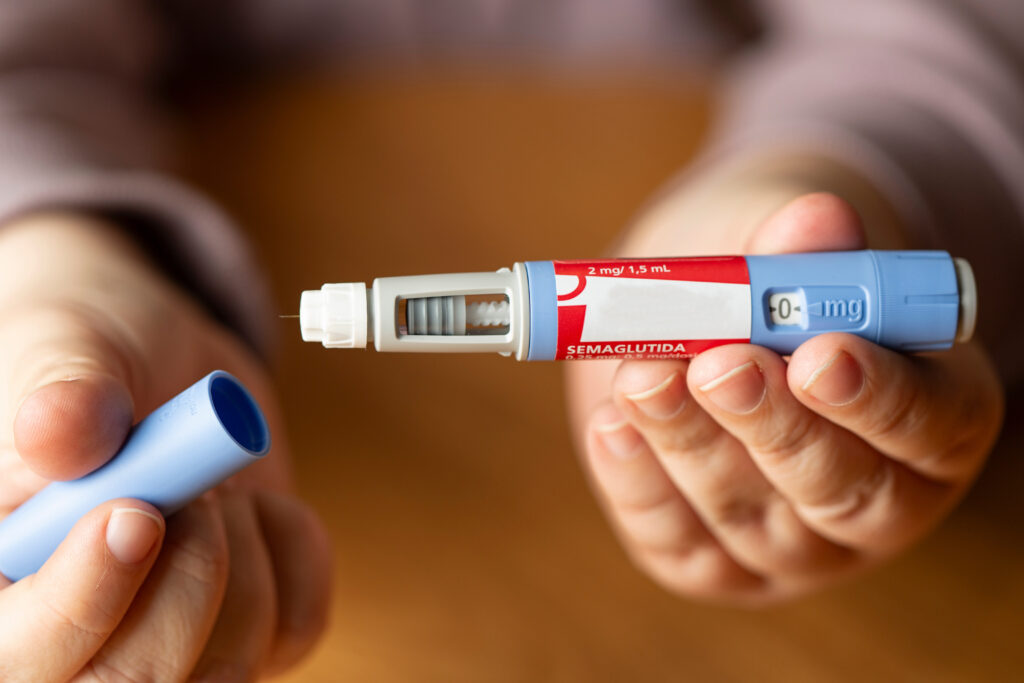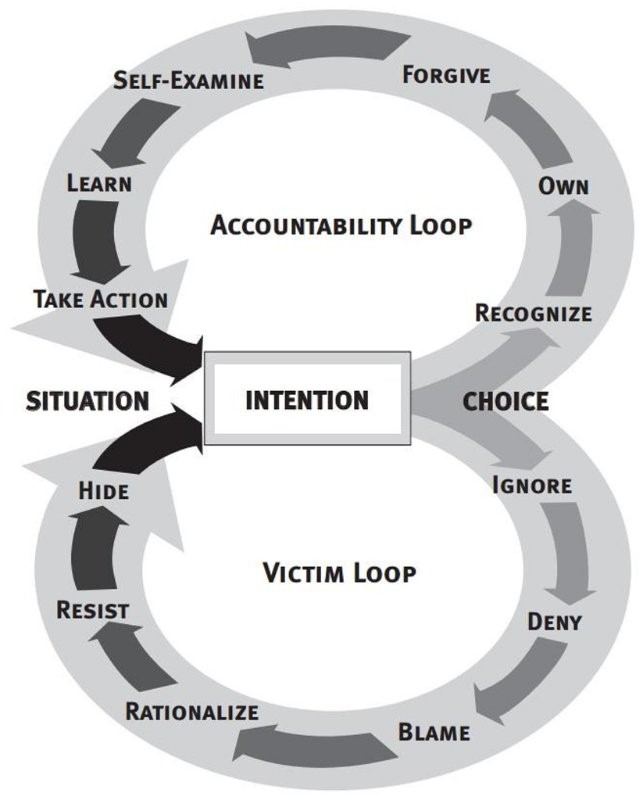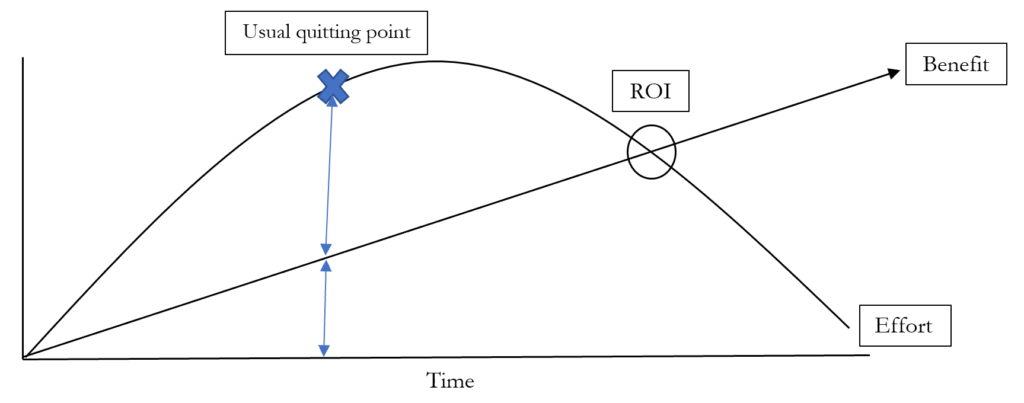One of the most common questions I have been asked lately is my opinion on medications for weight loss like Ozempic. Many new medications for the purpose of weight loss have been approved by the FDA and are now on the market. More are forthcoming soon. But are they a good idea? Should people be taking them? As many of my clients are seeking help with weight loss, this is a topic I have been following rather closely.
The reality is that obesity has become a major problem not just in the US but around the world. For many people, losing weight isn’t as simple as cutting back calories or exercising more. The idea of having a simple pill or injection you can take to help you lose weight sounds like a wonderful solution to a difficult problem. But is it really? The answer is maybe…and maybe not. Let’s get into more detail.
What medications are FDA-approved for weight loss?
- Bupropion-naltrexone (Contrave)
- Liraglutide (Saxenda)
- Orlistat (Xenical, Alli)
- Phentermine-topiramate (Qsymia)
- Semaglutide (Wegovy)
- Setmelanotide (Imcivree)
- Terzepitide (Zepbound)
There are a couple other medications many people have heard of that are also being used for weight loss but weren’t initially designed for that purpose. Ozempic and Mounjaro are two of the main ones. They were created as medications to help with diabetes management, but weight loss was found to be an effect of the medication and they have started being prescribed for that purpose. However, the FDA has not currently approved them for the express purpose of weight loss.
How do these medications work?
Not all of these medications work the same way, but the newer medications are specifically designed around hormone signaling. These medications target the hormone that increases satiety and decreases the rate that your stomach empties. This helps reduce hunger signals and allows people to feel full sooner.
This is not a new idea. For example, bariatric surgery, which has been around for decades, also works by resetting hormone signaling more than it does caloric restriction. The purpose of these new medications is to help with hormone signaling without needing to do an invasive and risky surgical procedure.
Do they work?
These newer medications have been found to be quite effective for weight loss…for as long as people are taking them. Read that last part again, because it’s important! The unfortunate thing we have found is that if people stop these medications, their weight usually comes back even after making lifestyle changes. A lot of people think they can start taking the medications to lose that stubborn extra ten pounds, and then go off it once they have succeeded. The problem is that medical literature isn’t supporting that. So far, studies have shown us that once people stop taking the medication they end up regaining the weight. That means, in order for these medications to have a lasting effect, they must be taken perpetually. While that can be beneficial to your waist line, it may be extremely detrimental to your wallet. And, as you will see, it can have unintended side effects to the rest of your body.
My experience working with people has been in line with what the research is telling us. So, while medication can work, it means committing it to it for the rest of your life in order to keep weight off. It’s not quite the convenient short-cut people think it is.
Should I try taking them?
This is the main question people ask me. It’s not a simple answer, however. The reality is that all medications have side effects. While these medications appear relatively safe right now, they haven’t been around long enough for us to understand what the long-term implications might be. In five to ten years from now we might discover that they are causing severe damage to the body, but it will be too late for those that have already been taking it.
We do know that in the short-term, people taking them tend to lose a significant amount of lean mass — i.e. muscle — which isn’t the kind of weight most people are looking to lose! This is particularly important for athletes, martial artists, those who work physically demanding jobs, people who enjoy outdoor recreational activities, and the elderly…all groups who need muscle in order to live the lifestyle they want! In other words, while weight-loss medications can help you look fitter on the outside, they may actually decrease your physical fitness in certain key areas.
Also, if you want to keep the weight off, you will likely have to commit to taking them for the rest of your life. While some people might be okay with doing that, it might not be practical. Supply issues have been a major problem for people trying to take them. The demand has increased to the point that these medications can be difficult to obtain. Many are also very expensive. If someone loses their health insurance, they often can’t afford them anymore. We also don’t yet know the effectiveness of the medications if people go on and off of them. Will they work the same way the second time, third time, etc?
When is medication warranted/recommended?
Despite these issues, weight-loss medications aren’t always a bad idea. Like I mentioned before, obesity is a complex problem. Some people have a much more difficult time losing weight due to their genetic makeup. Some people are not able to lose enough weight with diet and lifestyle modification alone despite intense effort. Some people, even after making positive lifestyle changes for months, still aren’t able to lose much weight. This isn’t an issue of will power, character, or even strategy. It’s simply genetics.
These people are the ones most likely to benefit from trying medication.
It is, however, an intervention that should NOT be used prior to trying lifestyle modification because of the aforementioned risks. The same goes for bariatric surgery. Bariatric surgery should be reserved for people that have tried all appropriate diet and lifestyle modifications, medications, and the combination of both, and were still not able to achieve the weight loss that was needed to improve their health.
Medication is generally not an intervention I would recommend for someone that hasn’t tried everything possible with lifestyle modification first, because the cost, risks, side effects, and unknowns are so high. In my experience, the benefit to these medications likely won’t outweigh the risk.
The practice of medicine is all about risk and cost vs. benefit. The reality is that medication comes at a high cost, and there are risks with it. So, this is a decision that has to be made on an individual basis for each person. The important thing to understand is that medication is not a shortcut. It’s an intervention that comes with major downsides and shouldn’t be treated lightly. In some people, the benefits can outweigh both the cost and the risks, but not in everyone.
Why Lifestyle Modifications Matter
You might be wondering why lifestyle modifications are even important if they don’t always result in weight loss. That’s a valid question! If you think about it, your weight is merely your relationship to gravity. When it comes to pressure on joints, this can be a legitimate consideration. But people’s overall lifestyle patterns have more of an impact on their health than the number they see on the scale. Making lifestyle changes can have a significant impact on how someone feels even if they don’t lose a lot of weight. Many people who adopt a tailored nutrition and exercise program notice a major improvement in their energy level, quality of sleep, athletic performance, sexual performance, and even how well they can function. Having healthy lifestyle patterns can also keep biometric measurements (lab values) in check even if the person is still technically overweight.
Do you prescribe medications for weight loss?
At Salt Lake NutriCoaching we do not prescribe medications, however if your doctor has prescribed them for you, we can help you make the lifestyle and eating changes necessary to get the most benefit from taking them. While the long-term studies aren’t available yet, quick weight loss is associated with a loss of bone and lean mass, and a decrease in metabolic rate. Here at Salt Lake NutriCoaching, we can help create a personalized strategy for counteracting these side effects, enabling you to build muscle and bone mass instead of losing it.
Is there any value in working with a Registered Dietitian if I still decide to take medication?
Absolutely! While you likely can lose weight by taking medication alone, working with a registered dietitian can help you to learn how to eat in a healthy way to help minimize bone loss, muscle loss, and achieve the best outcomes possible from using medication. Think about it this way: if you are trying to build a house, why try to only use one tool instead of all the tools available? You will be able to build a house faster and better if you use hammers, screwdrivers, saws, etc. instead of only using one.
Losing weight can prove to be a frustrating journey, but that’s why we at Salt Lake NutriCoaching are here to support you. Whether you’re looking to lose weight, increase energy, treat diabetes, solve a gastrointestinal issue, or just eat and feel better, we can guide you in making impactful changes that will make you feel better and improve your quality of life.
SOURCES:
Brown S. Should You Take Ozempic When You’re Over 65. Very Well Health. Published July 27, 2023. Accessed April 21, 2024 at https://www.verywellhealth.com/ozempic-muscle-loss-older-adults-7565314#:~:text=While%20muscle%20mass%20declines%20naturally,mass%20while%20taking%20these%20medications.
Burton AR. Wegovy /Weight Loss Drug Risks and Considerations – Need to Know. Floridamedicalclinic.com. Accessed April 21, 2024 at https://www.floridamedicalclinic.com/blog/wegovy-weight-loss-drug-risks/#:~:text=Muscle%20wasting%20and%20skeletal%20bone,out%20regularly%2C%20including%20strength%20training.
Endocrine Society. Bariatric Surgery. Endocrine.org. Updated January 24, 2022. Accessed April 18, 2024 at https://www.endocrine.org/patient-engagement/endocrine-library/bariatric-surgery#:~:text=Studies%20show%20that%20bariatric%20surgery,appetite%20and%20regulates%20glucose%20metabolism.
Farhana A, Rehman A. Metabolic Consequences of Weight Reduction. [Updated 2023 Jul 10]. In: StatPearls [Internet]. Treasure Island (FL): StatPearls Publishing; 2024 Jan-. Accessed April 21, 2024 at https://www.ncbi.nlm.nih.gov/books/NBK572145/
Harper C, Pattinson A, Fernando H, Zibellini J, Seimon R, Sainsbury A. Effects of obesity treatments on bone mineral density, bone turnover and fracture risk in adults with overweight or obesity. Hormone Molecular Biology and Clinical Investigation. 2016;28(3): 133-149. Accessed April 21, 2024 at https://doi.org/10.1515/hmbci-2016-0025
Ida S, Kaneko R, Imataka K, et al. Effects of Antidiabetic Drugs on Muscle Mass in Type 2 Diabetes Mellitus. Curr Diabetes Rev. 2021;17(3):293-303. Accessed April 26 at https://pubmed.ncbi.nlm.nih.gov/32628589/
Margo J. The Alarming Twist when using Ozempic for weight loss. Financial Review. Published July 21, 2023. Accessed April 21, 2024 at https://www.afr.com/policy/health-and-education/lighter-but-fatter-the-ozempic-paradox-20230718-p5dp5w
Maselli D, Atieh J, Clark MM, et al. Effects of liraglutide on gastrointestinal functions and weight in obesity: A randomized clinical and pharmacogenomic trial. Obesity (Silver Spring). 2022;30(8):1608-1620. Accessed April 18, 2024 at https://www.ncbi.nlm.nih.gov/pmc/articles/PMC9335902/#:~:text=The%20mechanistic%20underpinnings%20of%20liraglutide,delay%20correlated%20with%20weight%20loss.
Prescription Medications to Treat Overweight & Obesity. National Institute of Diabetes and Digestive and Kidney Diseases. niddk.nih.org. Accessed April 18, 2024 at https://www.niddk.nih.gov/health-information/weight-management/prescription-medications-treat-overweight-obesity
Rubino D, Abrahamsson N, Davies M, et al. Effect of Continued Weekly Subcutaneous Semaglutide vs Placebo on Weight Loss Maintenance in Adults With Overweight or Obesity: The STEP 4 Randomized Clinical Trial. JAMA. 2021;325(14):1414-1425. Accessed April 19, 2024 at https://pubmed.ncbi.nlm.nih.gov/33755728/.
US Food and Drug. FDA Approves New Medication for Chronic Weight Management. Published November 8, 2023. Accessed April 21, 2024 at https://www.fda.gov/news-events/press-announcements/fda-approves-new-medication-chronic-weight-management














